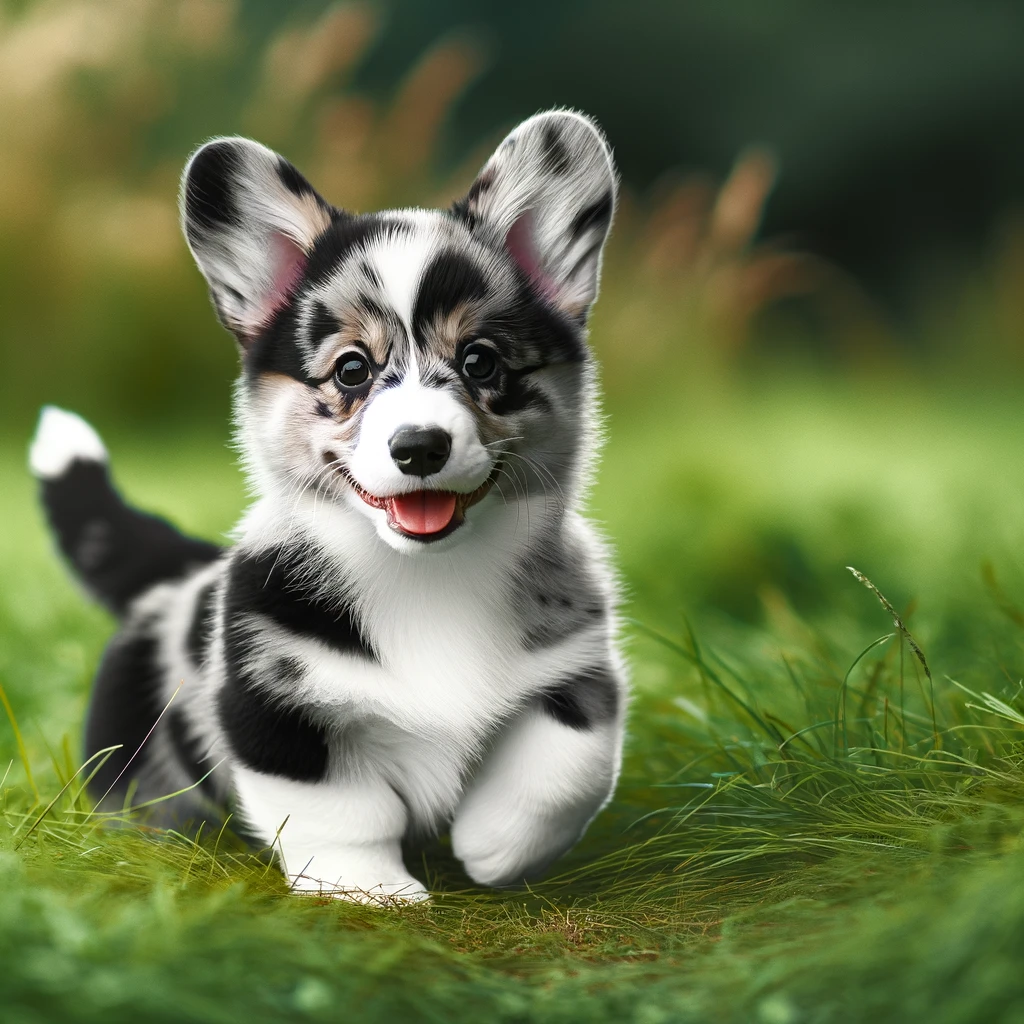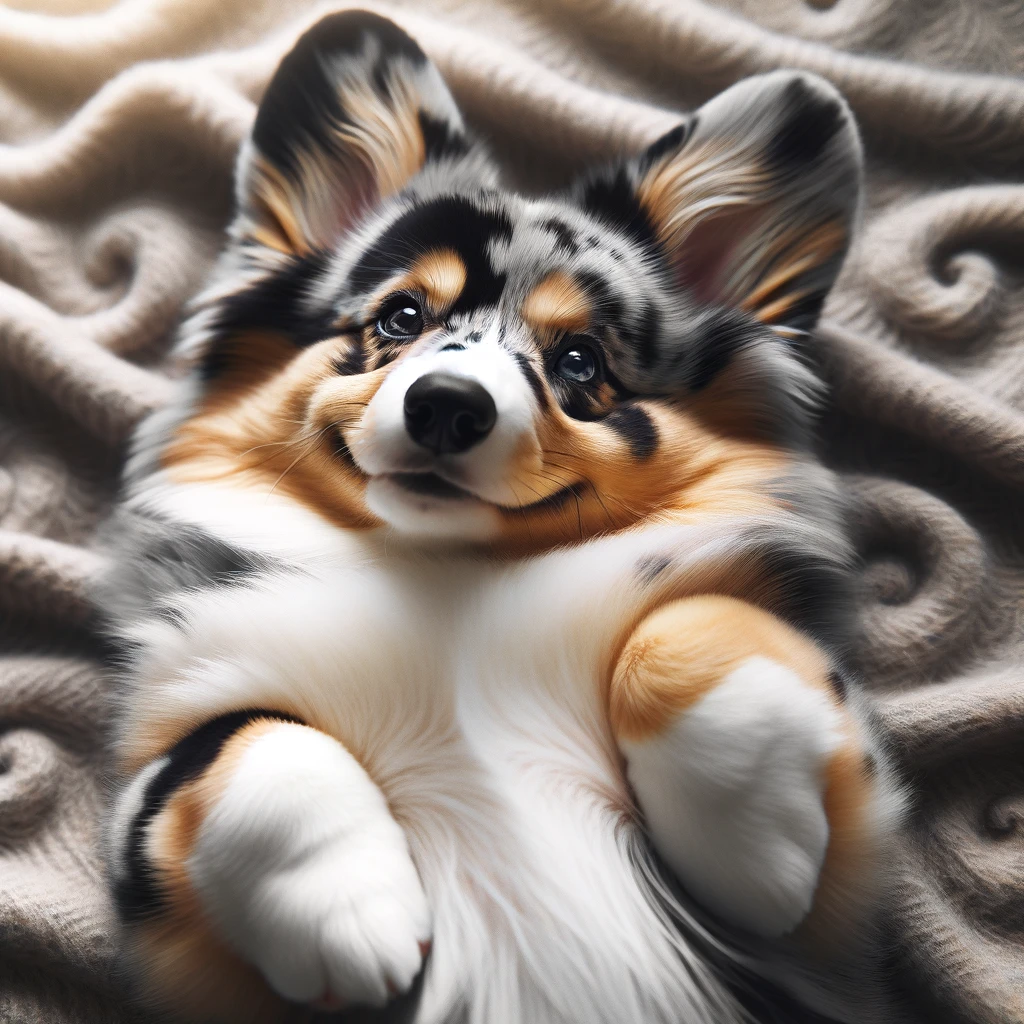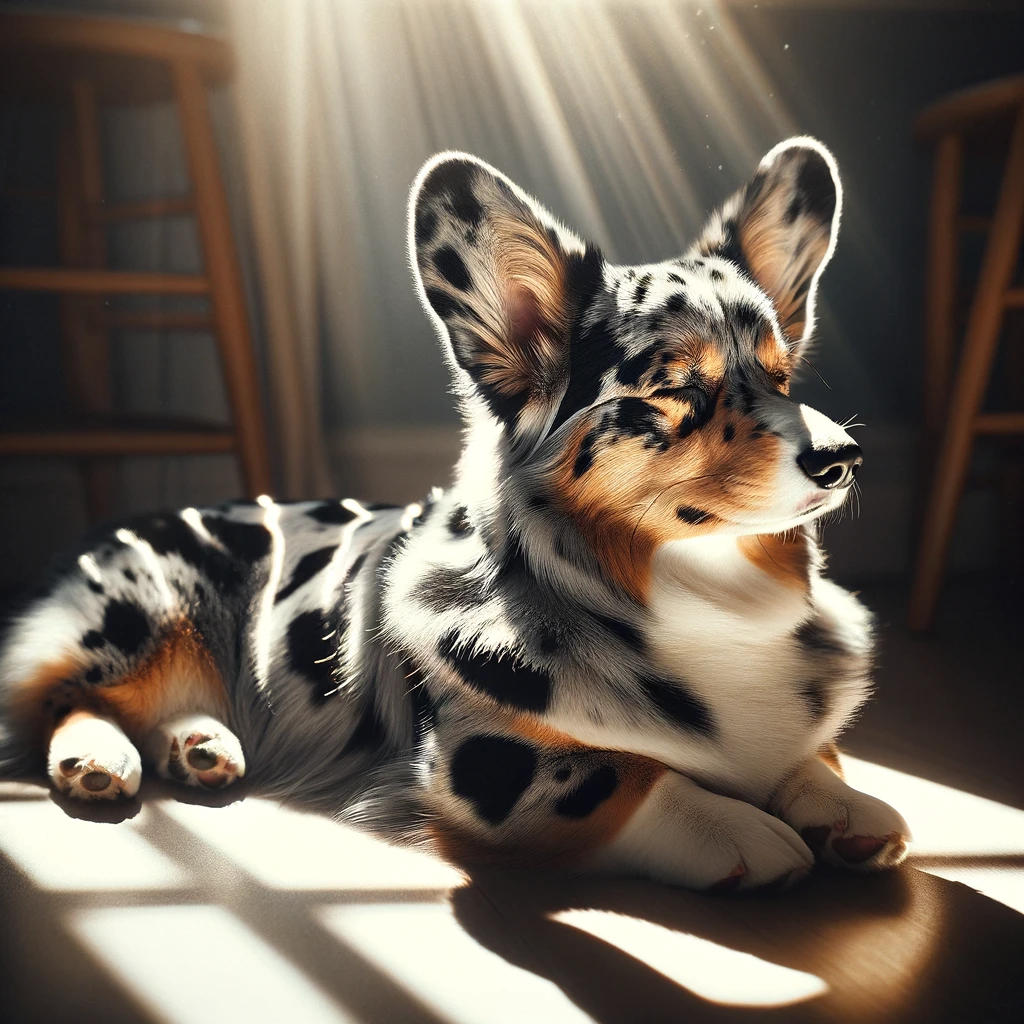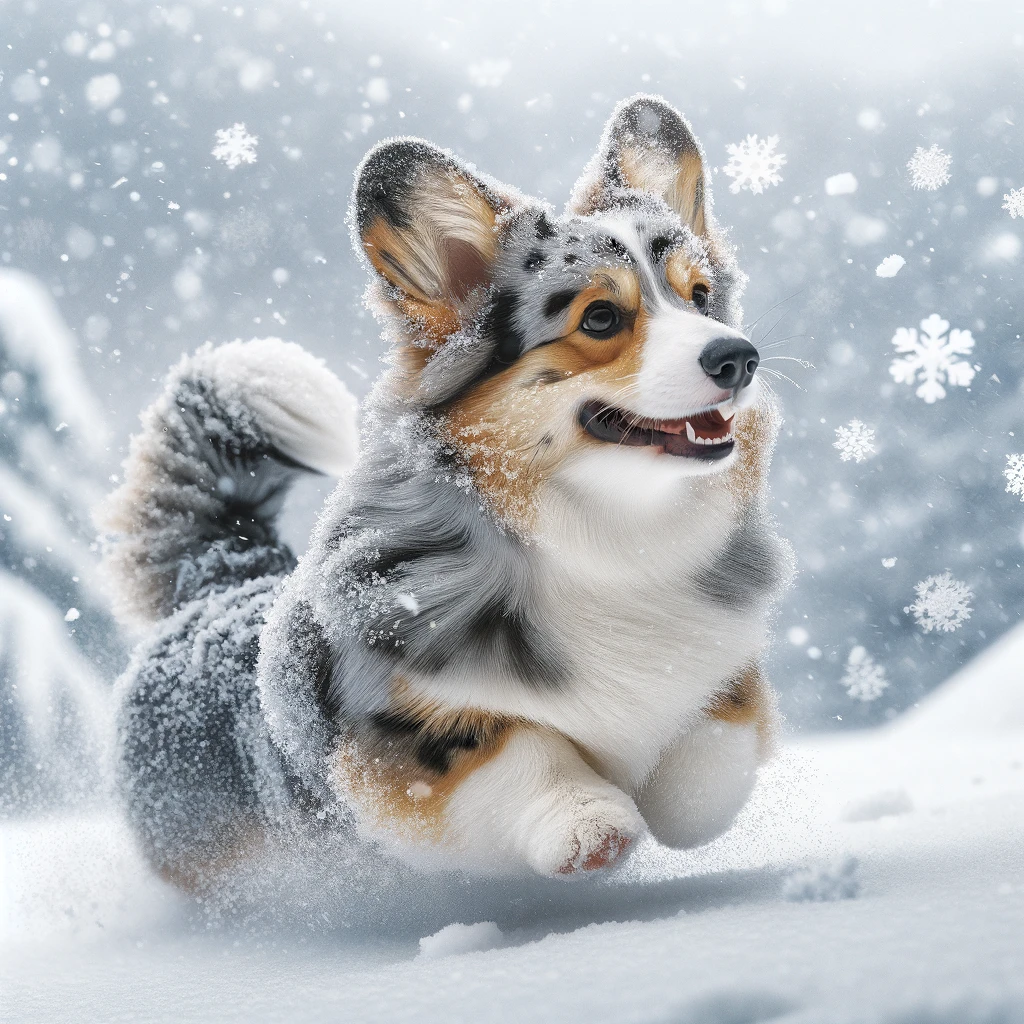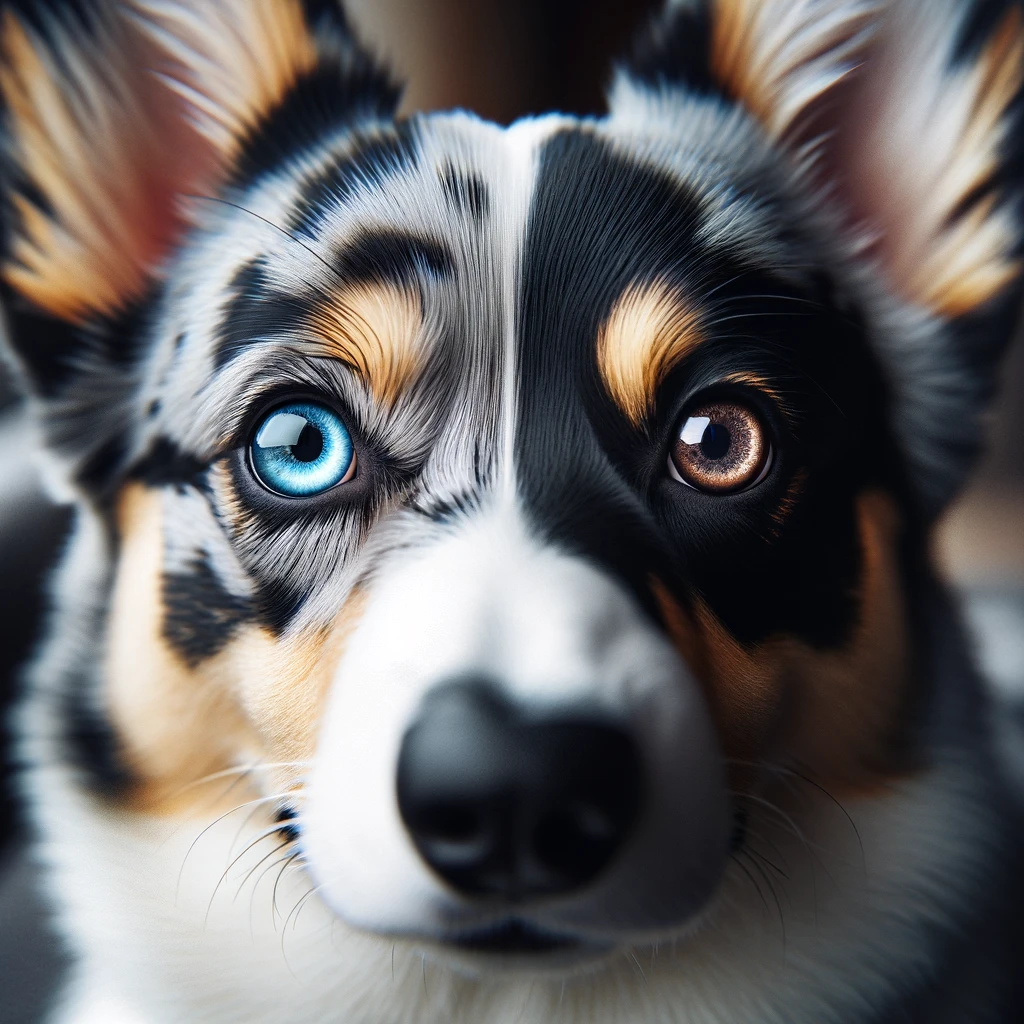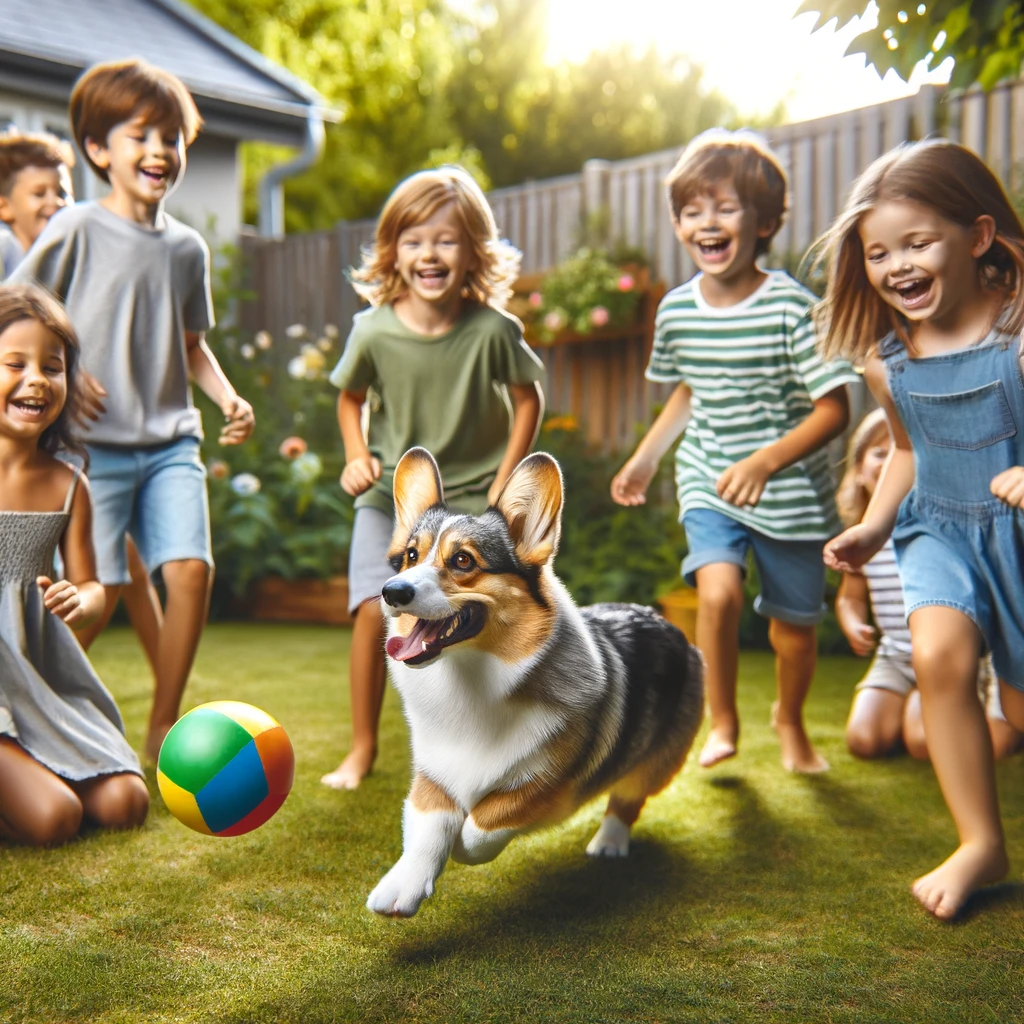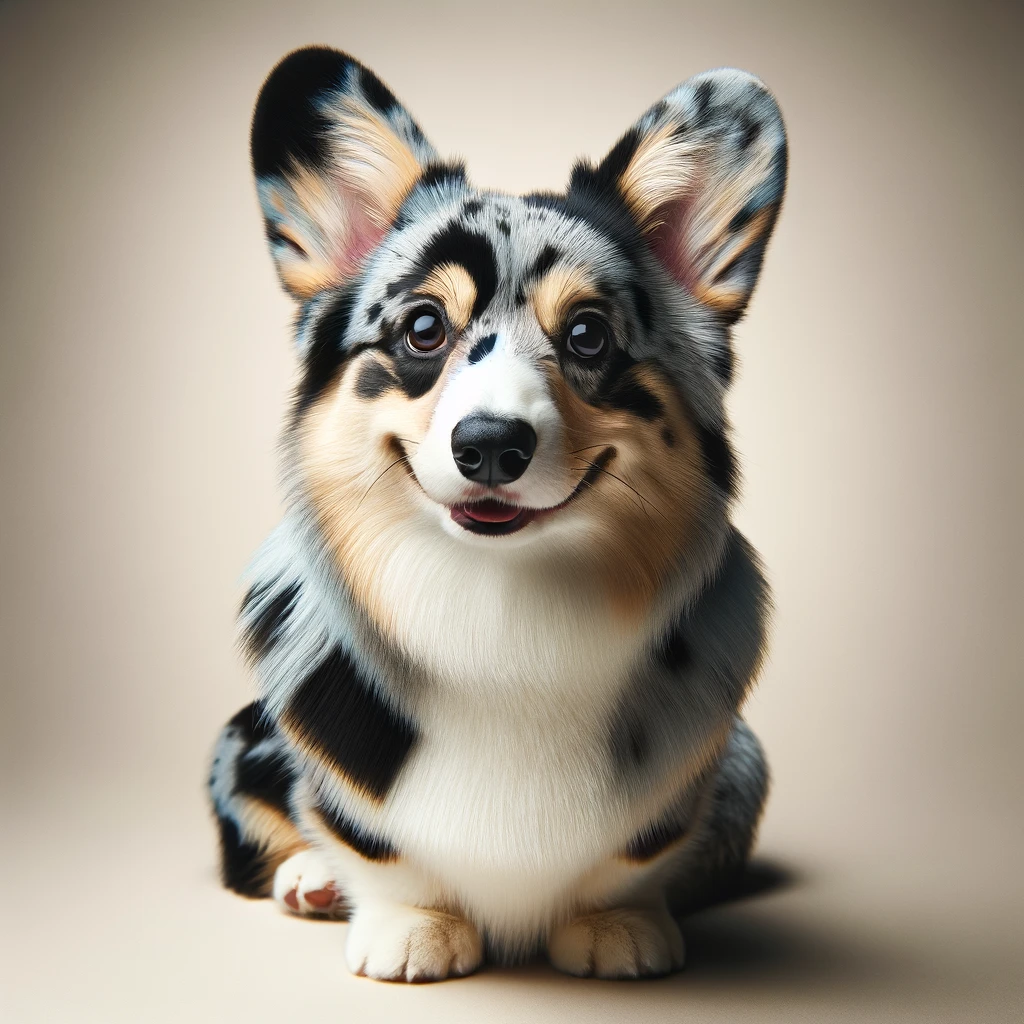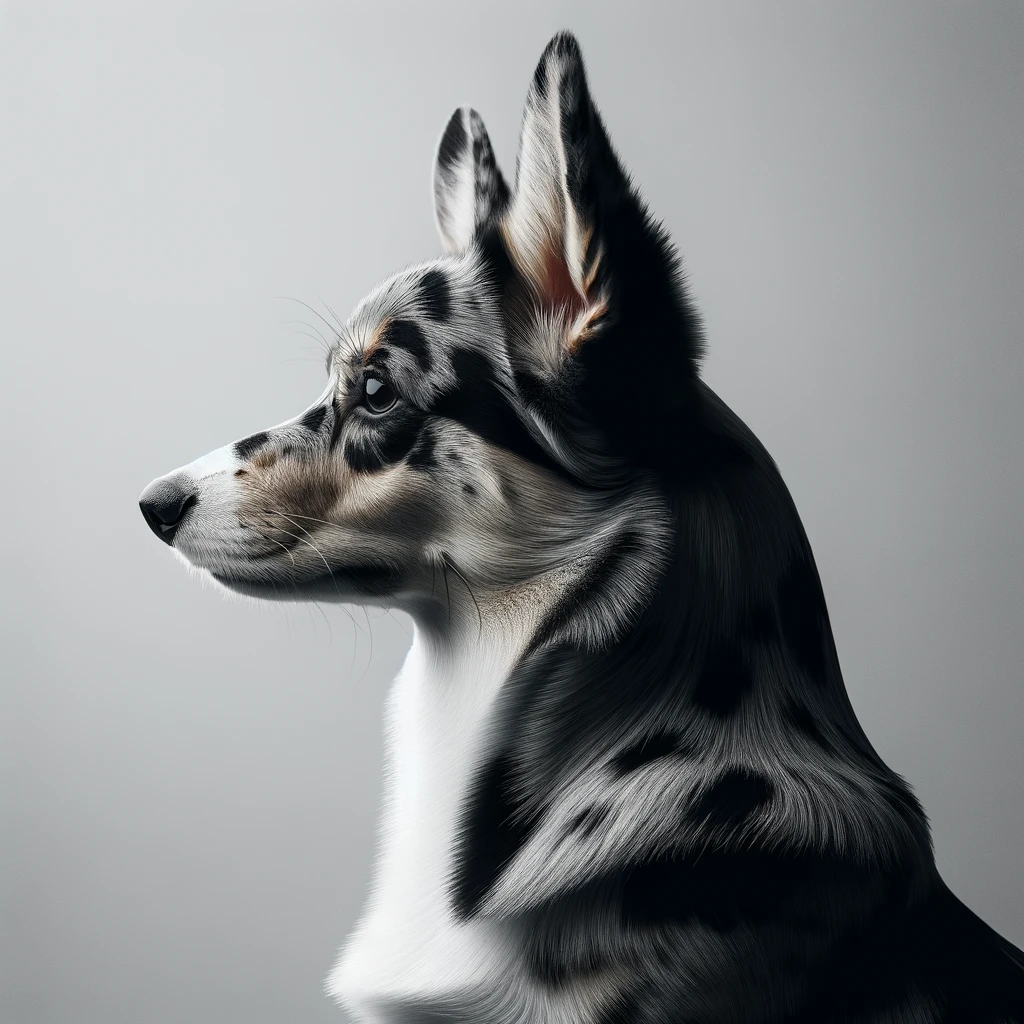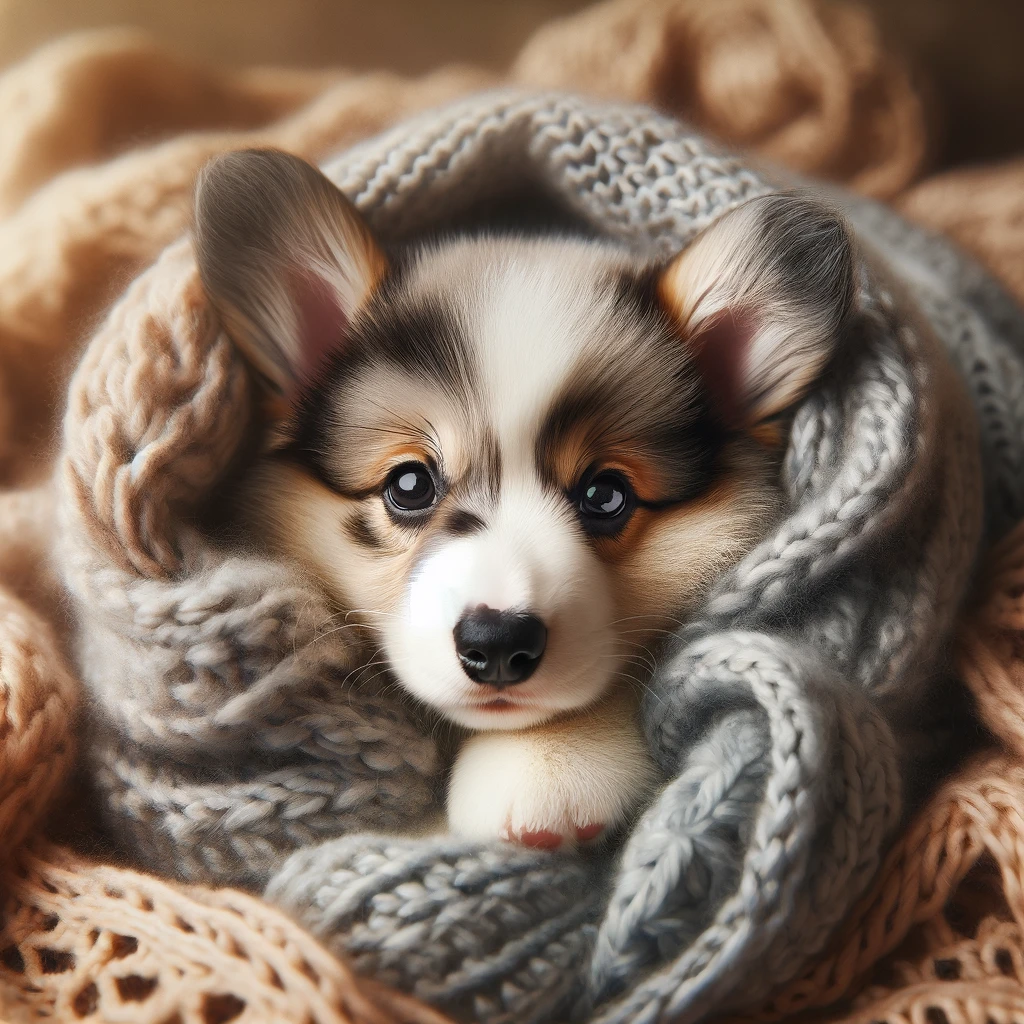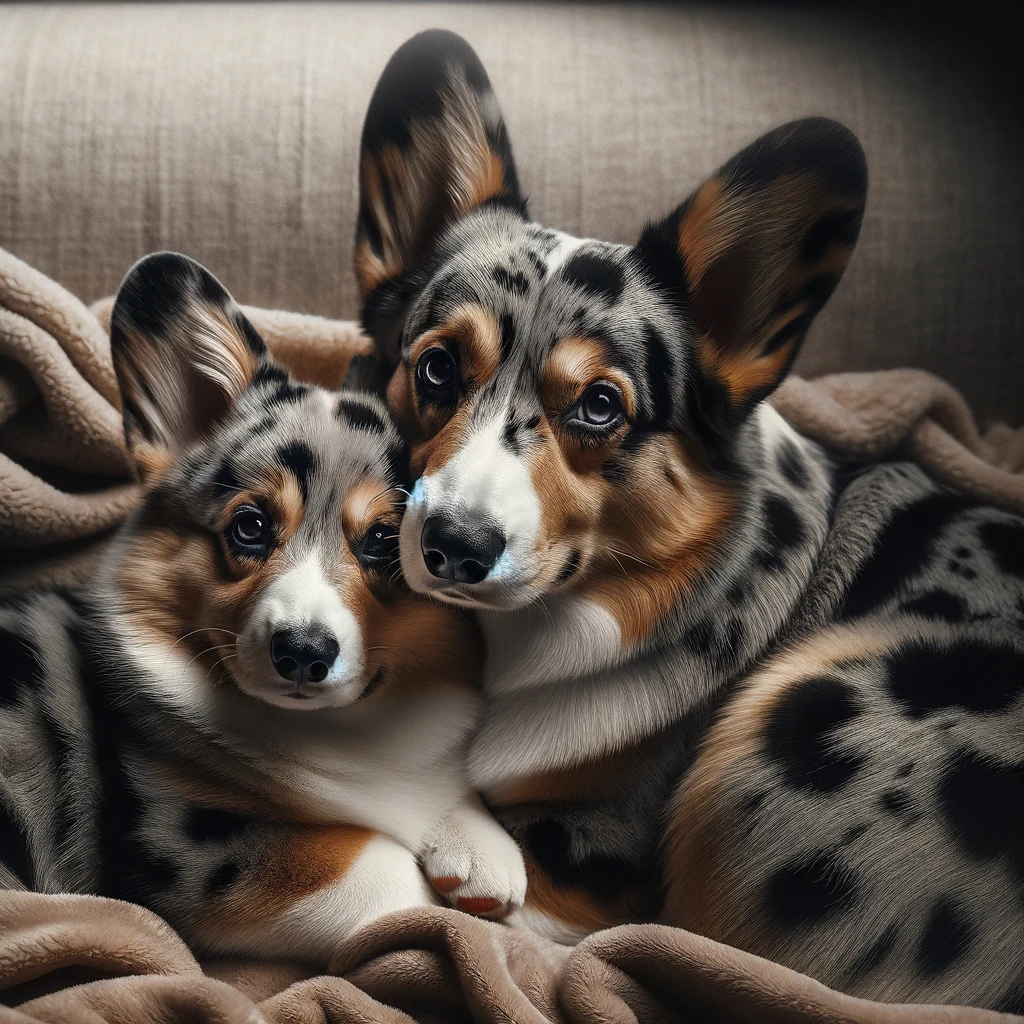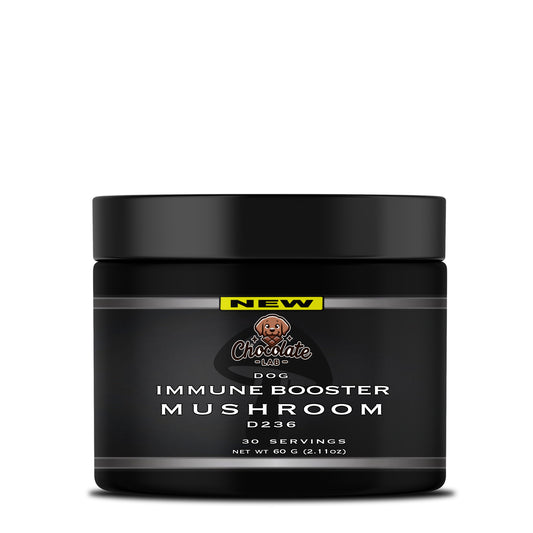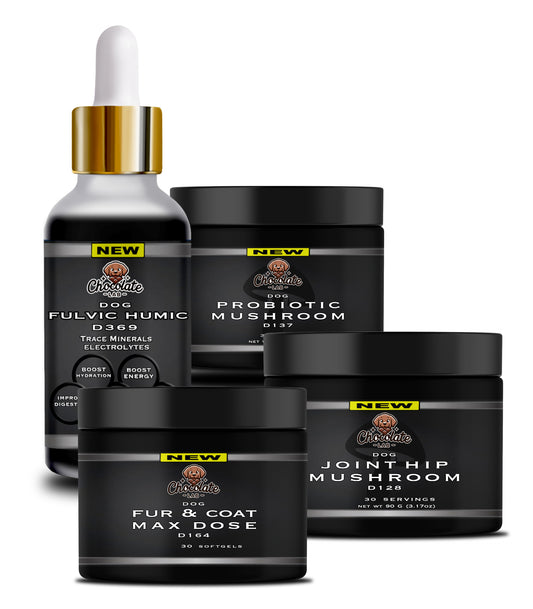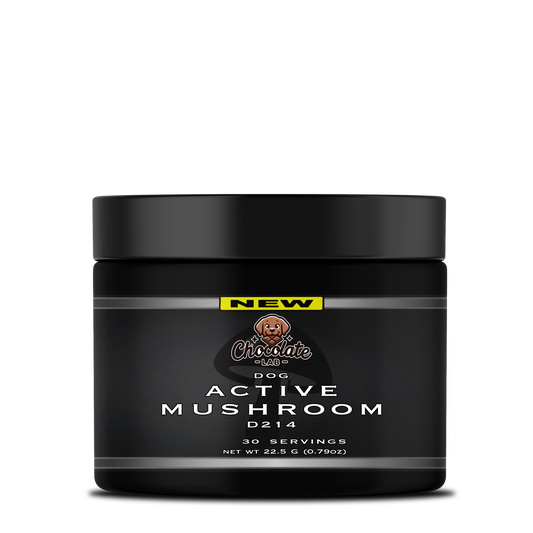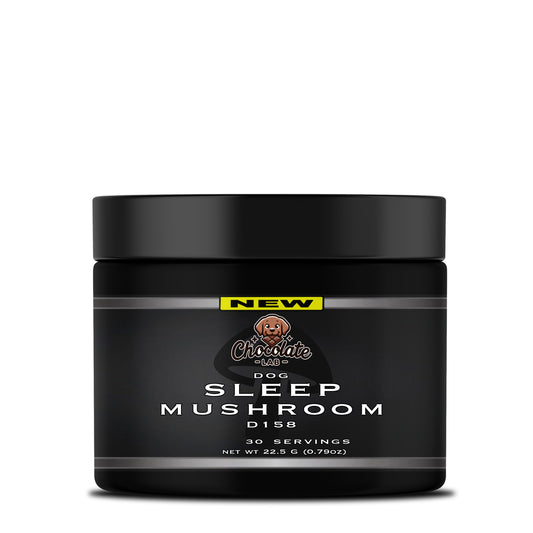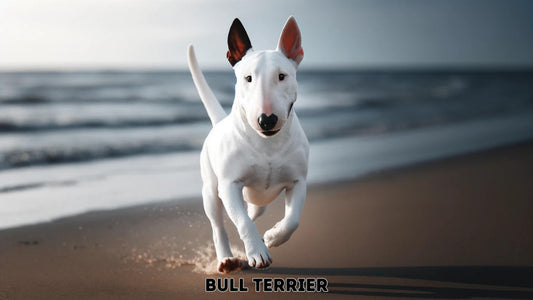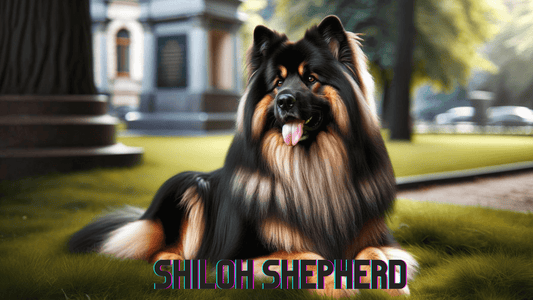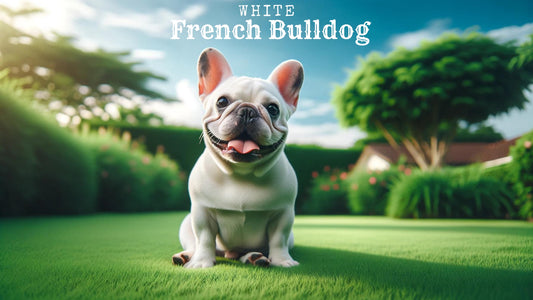Discover everything about Merle Corgis in 2024! Perfect for current and future Merle Corgi owners, this comprehensive guide covers all you need to know. Explore the unique traits, care tips, and joys of living with a Merle Corgi.

Merle Corgi Dog Breed: Characteristics, Pictures & Expert Tips
Merle Corgis: Unveiling the Unique Beauty and Care Tips for Dog Lovers
Published on 01/16/2024, 4:35 PM EST
Last Updated on 02/29/2024, 5:26 AM EST
Ultimate Guide: Key Takeaways from the Merle Corgi Breed - Everything You Need to Know!

| Key Takeaways | Insights |
|---|---|
| Unique Coat Patterns | Merle Corgis are renowned for their distinctive merle coat, featuring a variety of colors and patterns. |
| Personality Traits | Known for their intelligence, loyalty, and playful nature, making them great companions. |
| Health and Lifespan | Generally healthy with a lifespan of 12-15 years; attention to specific health issues is important. |
| Grooming Needs | Regular grooming is essential to maintain their attractive coat and overall well-being. |
| Training and Exercise | Highly trainable and require regular exercise for their mental and physical health. |
| Family and Social Compatibility | Excellent family pets, known for their adaptability and affectionate nature in various social settings. |
| Breeding and Ethics | Importance of ethical breeding practices to ensure health and well-being of the breed. |
| Cost of Ownership | Initial and ongoing costs should be considered; price range for a puppy is typically $1,000 to $3,000. |
Table of Contents
- Introduction to Merle Corgis
- Origins and History of Merle Corgis
- Physical Characteristics of Merle Corgis
- Merle Corgi Temperament and Personality
- Training and Exercise Needs of Merle Corgis
- Health and Lifespan of Merle Corgis
- Grooming and Care of Merle Corgis
- Merle Corgis in Family and Social Settings
- Merle Corgi Breeding and Ethics
- Unique Facts and Traits of Merle Corgis
- Pros and Cons of Owning a Merle Corgi
- How Much Does a Merle Corgi Cost?
- Conclusion: The Delight of Owning a Merle Corgi
- FAQs: Top Questions About Merle Corgis Answered
Introduction to Merle Corgis

Merle Corgis are an exceptionally unique breed, combining the lovable traits of Corgis with a stunning merle coat. Originating from the traditional Corgi breed, these dogs are known for their distinctive coat patterns, which feature a mix of colors creating a mottled effect. This coat pattern is not just a cosmetic feature; it’s a result of specific genetic traits, making each Merle Corgi truly unique. Their increasing popularity is not just due to their looks but also because of their lively and affectionate nature, making them ideal pets for families and individuals alike. However, potential owners should be aware of the specific care these dogs require, especially in terms of grooming and health. Despite their striking appearance, Merle Corgis share many traits with standard Corgis, including their size, intelligence, and loyal disposition.

- Overview: Distinctive Corgi variant known for its unique coat.
- Appeal: The mesmerizing appearance of their merle coat patterns.
- Rising Popularity: Growing demand among dog lovers.
- To explore another fascinating mix that combines intelligence with charm, delve into the world of the Corgi Poodle Mix.
Coat Pattern Variations
| Coat Color | Pattern Description |
|---|---|
| Blue Merle | Dark blotches or streaks on a blue-grey background |
| Red Merle | Reddish-brown patches on a lighter red background |
| Mixed Merle | Combination of blue and red merle patterns |
Quick Tips for Potential Owners
- Grooming Needs: Regular grooming to maintain coat health.
- Health Considerations: Awareness of potential genetic health issues.
- Exercise Requirements: Adequate daily exercise for wellbeing.
- Training: Responsive to training, thanks to their intelligence.
Origins and History of Merle Corgis

The Merle Corgi’s history is as fascinating as its coat. These dogs are a relatively recent addition to the Corgi family, emerging with the spontaneous appearance of the merle gene. This genetic variation is not native to Corgis and is believed to have been introduced through crossbreeding. The merle gene’s dominance leads to the distinctive coat patterns that are now synonymous with the breed. Historically, Corgis were bred as herding dogs in Wales, and the Merle Corgi has inherited this strong work ethic and intelligence. The breed gained official recognition only recently, and since then, there has been a steady rise in their popularity. However, breeding Merle Corgis requires knowledge and responsibility due to the complexities associated with the merle gene.

- Corgi Ancestry: The roots of the Corgi breed in herding.
- Merle Gene Introduction: Introduction of the merle gene into Corgis.
- Breeding History: The development and recognition of this unique variant.
- For those interested in a mix that blends the friendly nature of the Labrador with the spirited Corgi, the Corgi Lab Mix article is a must-read.
Historical Timeline
| Year | Event |
|---|---|
| 1925 | First Corgi registered in the UK |
| 1940 | Introduction of merle gene in Corgis |
| 2000 | Merle Corgis gain popularity |
Quick History Facts
- Herding Origins: Understand their herding background.
- Genetic Developments: The emergence and significance of the merle gene.
- Breed Recognition: The journey towards breed recognition and popularity.
Physical Characteristics of Merle Corgis

Merle Corgis are distinguished by their unique physical attributes. While they share the stubby legs and long body of traditional Corgis, their coat pattern is what sets them apart. These patterns can range from large blotches of color to a more speckled appearance, depending on the dominance of the merle gene. In terms of size, Merle Corgis are medium-sized dogs, with males typically being slightly larger than females. Their ears are upright and alert, reflecting their attentive nature. The tail can vary from being long to a bobtail, depending on genetic factors. Their expressive eyes can sometimes show heterochromia (different colored eyes), a trait commonly associated with the merle gene. Overall, their appearance is both distinctive and endearing, making them stand out in the world of canines.
- Coat Patterns: Various merle patterns and colors.
- Size Details: Information on their average size and build.
- Ear and Tail Features: Description of their ear shape and tail type.
Physical Comparison Chart
| Feature | Merle Corgi | Standard Corgi |
|---|---|---|
| Coat Pattern | Merle Variations | Solid/Two-Toned |
| Eye Color | Often Heterochromia | Typically Uniform |
| Tail | Variable Length | Usually Short |
Identifying Traits
- Coat Identification: Recognizing merle patterns.
- Physical Structure: Understanding their body structure and size.
- Distinctive Features: Noting unique features like eye color and tail type.
- Discover the Toy Aussiedoodle, a compact companion that embodies the best of both the Australian Shepherd and the Poodle in our dedicated article.
Merle Corgi Temperament and Personality

Merle Corgi Temperament: A Blend of Intelligence, Loyalty, and Playfulness
Merle Corgis stand out not only for their unique and striking appearance but also for their dynamic personality and sharp intellect. These small but spirited dogs are full of energy, affection, and a keen sense of alertness. Understanding their temperament and personality traits is key to providing them with a fulfilling and happy life.

Temperament Traits: Lively and Loyal Companions
- Intelligence: Merle Corgis are quick learners, making them highly trainable and responsive to commands.
- Alertness: Their keen awareness makes them excellent watchdogs, always ready to alert their family to anything unusual.
- Loyalty: They are deeply loyal to their owners, often forming strong, lasting bonds with their human companions.
Family-Oriented: Thriving in Social Environments
- Love for Interaction: Merle Corgis relish being part of family activities and social settings. They thrive on human interaction and are great with children.
- Protective Nature: Their loyalty can translate into protectiveness, making them vigilant about their family's safety.
- Socialization Is Key: Early and consistent socialization helps them become well-adjusted and comfortable around new people and environments.
Adaptability: Confident and Versatile
- High Trainability: Their intelligence and eagerness to please make training a rewarding experience for both the dog and the owner.
- Confident Demeanor: Despite their small size, Merle Corgis often exhibit a bold and confident personality, sometimes unaware of their stature.
- Adaptable to Various Settings: With proper training and socialization, they can adapt well to different lifestyles, whether in an active household or a more relaxed environment.
Behavioral Traits Chart
| Trait | Rating (Out of 5) |
|---|---|
| Intelligence | 5 |
| Sociability | 4 |
| Trainability | 5 |
| Watchdog Ability | 4 |
Temperament Tips
- Socialization: Importance of early socialization.
- Training: Effective training techniques for positive reinforcement.
- Family Integration: Tips for integrating them into family life.
- Learn more about the F1bb Mini Goldendoodle, the ultimate blend of the Golden Retriever's friendliness and the Poodle's hypoallergenic coat, by reading our article.
Training and Exercise Needs of Merle Corgis

Comprehensive Training and Exercise Guide for Merle Corgis
Merle Corgis, distinguished by their unique coat and keen intelligence, thrive when their physical and mental needs are carefully addressed. These lively and bright dogs benefit greatly from a blend of consistent training, ample exercise, and mental stimulation. A thoughtful approach to their initial training and daily activities ensures they grow into well-behaved, contented companions. Here's an expanded guide to get you started on the right foot with your Merle Corgi.

Initial Training: Building a Strong Foundation
- Basic Commands: Begin with essential commands such as "sit," "stay," "come," and "down." Use a treat to guide their actions and positively reinforce correct responses.
- House Training: Establish a routine for potty breaks and use consistent cues to encourage house training. Reward them when they successfully go outside.
- Leash Training: Introduce the leash and collar early. Start with short, positive experiences, gradually increasing the duration of leash walks.
- Socialization: Expose them to different environments, people, and other pets to develop a well-rounded temperament. Positive experiences in these settings are crucial for their social development.
Daily Exercise Needs: Keeping Them Active
- Routine Walks: Engage in daily walks that cater to their energy levels. Vary the routes to provide new stimuli and experiences.
- Interactive Play: Incorporate games like fetch or tug-of-war, which provide both physical exercise and mental engagement.
- Agility and Exploration: Consider agility training or allowing them to explore safe, enclosed outdoor spaces for additional physical and mental stimulation.
Mental Stimulation: Engaging Their Bright Minds
- Puzzle Toys and Games: Use interactive toys to challenge their problem-solving skills and keep them mentally sharp.
- Training Challenges: Regularly introduce new commands or tricks to maintain their mental agility. This also reinforces your bond with them.
Additional Tips for Training and Exercise
- Consistent Routines: Establish and adhere to a consistent training and exercise routine. This predictability helps them feel secure and aids in learning.
- Monitor for Overexertion: Be mindful of their physical limits, especially in extreme weather, as Corgis can be susceptible to overheating.
- Positive Encouragement: Always use a positive, encouraging tone during training and play. Merle Corgis are sensitive to their owners' moods and respond best to positive reinforcement.
Weekly Exercise and Training Routine
| Day | Activity |
|---|---|
| Monday | Walk + Basic Training |
| Tuesday | Fetch Play + Agility |
| Wednesday | Rest/Free Play |
| Thursday | Walk + Advanced Training |
| Friday | Interactive Play |
| Weekend | Family Outing/Exercise |
Exercise and Training Tips
- Activity Variety: Incorporate different types of physical and mental activities.
- Consistency: Importance of maintaining a regular training schedule.
- Engagement: Keeping training sessions fun and engaging.
- The Mini Cavapoo article offers insights into this affectionate crossbreed that combines the Cavalier King Charles Spaniel's gentle nature with the Poodle's intelligence.
Health and Lifespan of Merle Corgis

Health and Longevity Insights for Merle Corgis
Merle Corgis, charming for their distinctive coats and lively personalities, generally have a robust constitution. However, awareness and proactive management of specific health issues are essential to ensuring their well-being and longevity. Here’s an in-depth look at the health considerations and lifespan of Merle Corgis, highlighting the importance of regular care and preventive measures.

Common Health Issues in Merle Corgis
- Merle Gene Concerns: The merle gene, responsible for their unique coat pattern, can occasionally contribute to hearing and vision impairments. Regular sensory check-ups are important to monitor these aspects.
- Hip Dysplasia: A common ailment in Corgis, hip dysplasia can affect their mobility. Watching for signs of discomfort or difficulty in movement is crucial.
- Risk of Obesity: Proper diet and exercise are vital in managing their weight, as obesity can exacerbate joint issues and other health problems.
Factors Influencing Lifespan
- Genetics and Care: The average lifespan of a Merle Corgi is around 12 to 15 years. Genetics play a role, but lifestyle choices and health care significantly impact their longevity.
- Diet and Exercise: A balanced diet tailored to their specific needs, coupled with regular exercise, contributes to a healthier, longer life.
- Mental Well-being: Emotional health is just as important as physical health. Providing a loving, stimulating environment is key to their overall well-being.
Preventive Care and Regular Check-ups
- Veterinary Visits: Regular check-ups with a veterinarian can catch potential health issues early, leading to more effective management and treatment.
- Vaccinations and Parasite Control: Staying up-to-date with vaccinations and routine parasite prevention is crucial in maintaining their health.
- Dental Health: Regular teeth cleaning, both at home and professionally, helps prevent dental diseases, which can affect their overall health.
Health Checklist and Lifespan
| Age | Health Check | Frequency |
|---|---|---|
| 0-1yr | Vaccinations, Check-ups | Every 3-6 months |
| 1-8yr | Routine Health Checks | Yearly |
| 8+yr | Senior Health Checks | Every 6 months |
Health Care Tips
- Routine Checks: Regular vet visits for early detection of issues.
- Diet Management: Balanced diet to prevent obesity.
- Exercise: Adequate exercise for overall health.
- Dive into our article on the Flat Coat Goldendoodle, a unique variant that showcases the beauty and intelligence of the Goldendoodle breed with a distinctive coat type.
Grooming and Care of Merle Corgis

Essential Grooming and Care Tips for Merle Corgis
Caring for a Merle Corgi involves more than just enjoying their delightful company; it requires attention to their unique grooming needs and overall wellbeing. Their distinctive coats and energetic nature demand regular grooming and a balanced diet to keep them looking and feeling their best. Here's a comprehensive guide to grooming and caring for your Merle Corgi.

Grooming Needs: Maintaining Their Unique Coats
- Regular Brushing: Brush their coat several times a week to prevent matting, reduce shedding, and keep their coat healthy. A slicker brush or a comb can be effective tools.
- Routine Baths: While they don't need professional grooming, regular bathing helps maintain a clean and healthy coat. Be cautious not to bathe them too frequently, as this can strip natural oils from their skin.
- Coat Inspection: Regularly check their coat for any signs of irritation, mats, or parasites.
Nutritional Requirements: A Diet for Optimal Health
- Balanced Diet: Provide a high-quality diet that meets their nutritional needs based on their age, size, and activity level. Consult your veterinarian for specific dietary recommendations.
- Coat Health: Include foods rich in omega fatty acids to promote a healthy, shiny coat.
- Weight Management: Monitor their food intake closely, as Corgis can be prone to obesity. Ensure they have a balanced diet and adequate exercise.
General Care: Dental and Nail Maintenance
- Dental Hygiene: Regular teeth cleaning is crucial to prevent dental diseases. Brush their teeth several times a week using dog-specific toothpaste.
- Nail Trimming: Trim their nails regularly to prevent discomfort and mobility issues. If you hear their nails clicking on the floor, it's time for a trim.
Additional Care Tips
- Start Early: Introduce grooming routines early in their life to ensure they are comfortable with the process.
- Ear Cleaning: Check and clean their ears regularly to prevent infections, especially if they have floppy ears.
- Regular Exercise: Adequate physical activity is essential for their health and helps in managing their weight.
Grooming and Dietary Schedule
| Activity | Frequency |
|---|---|
| Brushing | 2-3 times a week |
| Bathing | Once a month |
| Nail Trimming | As needed |
| Dental Care | Daily |
| Feeding | 2 times a day |
Care Tips
- Regular Grooming: Importance of maintaining a grooming routine.
- Balanced Diet: Choosing the right food for their health and coat.
- Dental Health: Daily dental care to prevent oral diseases.
- The Chihuahua Lab Mix article sheds light on this unusual but captivating combination, blending the Chihuahua's bold spirit with the Labrador's loyal nature.
Merle Corgis in Family and Social Settings

Merle Corgis: Flourishing in Family and Social Environments
Merle Corgis, known for their striking appearance and amiable personalities, are a fantastic fit for family life. Their adaptability and love for social interaction make them endearing companions for both children and adults. Here’s a guide to ensure your Merle Corgi thrives in family settings and social situations.

Family Compatibility: Ideal Household Companions
- Affectionate Nature: Merle Corgis form strong bonds with family members, often becoming an integral part of the household.
- Community-Oriented: They have a keen sense of belonging and enjoy being involved in family activities and routines.
Children and Pets: Nurturing Safe Interactions
- Child-Friendly: Merle Corgis generally get along well with children. However, it's important to teach children how to interact with dogs respectfully and safely.
- Other Pets: With proper introduction and socialization, Merle Corgis can coexist peacefully with other household pets. Monitor their interactions, especially in the early stages.
Socialization: Building a Well-Adjusted Dog
- Early and Consistent Socialization: Expose your Merle Corgi to various people, pets, and environments from a young age. Positive experiences in different settings are crucial for their social development.
- Positive Reinforcement in Social Settings: Reward and praise good behavior in social interactions. This reinforces their positive responses and adaptability.
- Preventing Overprotectiveness: While they can be protective of their home and family, early socialization helps prevent overprotectiveness and ensures they remain friendly and approachable.
Additional Socialization Tips
- Puppy Classes: Enroll them in puppy classes for structured socialization opportunities.
- Regular Walks: Take them on walks in different environments to meet new people and animals.
- Supervised Interactions: Always supervise interactions with new pets and people to ensure safety and comfort for all involved.
Family Suitability Rating
| Setting | Compatibility |
|---|---|
| Families with Kids | High |
| Multi-Pet Households | Moderate |
| Active Individuals | High |
| Apartment Living | Moderate |
Socialization Tips
- Gradual Introductions: Safe introduction techniques to new people and pets.
- Positive Reinforcement: Encouraging good behavior in social settings.
- Family Activities: Involving them in family activities for bonding.
- Interested in a designer breed that mixes the Bernese Mountain Dog's majestic appearance with the Poodle's non-shedding coat? The F1B Bernedoodle article is where you'll find comprehensive information.
Merle Corgi Breeding and Ethics

Merle Corgi Breeding: Upholding Ethics and Health Standards
Responsible breeding practices are paramount when it comes to Merle Corgis, not only to preserve the breed's integrity but also to ensure the health and wellbeing of the dogs. Understanding the genetics behind their distinctive merle coat and adhering to ethical breeding standards are key factors in maintaining the breed's health.

Reputable Breeding: Choosing Ethical Breeders
- Prioritizing Health and Temperament: Ethical breeders focus on the overall health and temperament of their dogs, rather than just their appearance.
- Transparency: Reputable breeders are transparent about their breeding practices and are willing to answer questions about the health and lineage of their dogs.
- Support and Guidance: They provide ongoing support and advice to new owners, demonstrating a commitment to the welfare of their puppies.
Breeding Risks: Avoiding Merle-to-Merle Matings
- Genetic Considerations: Breeding two merle dogs can increase the risk of health issues in the offspring, including vision and hearing problems.
- Responsible Mating Choices: Ethical breeders avoid merle-to-merle pairings and make informed decisions to prevent potential genetic health issues.
Health Certifications: Ensuring Genetic Health
- Genetic Testing: Responsible breeders conduct genetic testing on both parents to screen for common health conditions and genetic disorders.
- Health Clearances: Puppies and their parents should have health clearances from certified veterinary specialists, confirming they are free from hereditary health problems.
Identifying Unethical Practices
- Warning Signs: Be wary of breeders who prioritize coat color over health, do not provide health clearances, or seem uninformed about the risks of merle-to-merle breeding.
- Avoid Supporting Harmful Practices: By choosing responsible breeders, prospective owners can avoid supporting unethical breeding practices that harm the breed's health and welfare.
Breeder Evaluation Checklist
| Criteria | Importance |
|---|---|
| Health Clearances | Essential |
| Breeding Practices | Ethical |
| Puppy Socialization | Necessary |
| Genetic Testing | Mandatory |
Breeding Ethics Tips
- Research: Doing thorough research on potential breeders.
- Questions to Ask: Key questions to ask a breeder.
- Health Priorities: Ensuring health is prioritized over appearance.
- For a closer look at the Parti Poodle, known for its distinctive coat pattern and intelligent, friendly personality, our Parti Poodle article is the perfect resource.
Unique Facts and Traits of Merle Corgis

Merle Corgis are not just another pretty face in the dog world; they possess distinctive traits and fascinating characteristics. Their merle coat is not just about color but involves a complex genetic pattern that can result in a variety of appearances even within the same litter. These dogs often have bright, expressive eyes, sometimes with heterochromia, adding to their unique charm. Their intelligence and agility make them adept at various dog sports and activities. Despite their small size,
They have a big personality and are known for their boldness and confidence.

- Unique Characteristics: Traits that set them apart from other breeds.
- Merle Gene Impact: How the merle gene influences their coat and appearance.
- Abilities and Quirks: Notable skills and personality quirks.
Unique Characteristics Summary
| Trait | Description |
|---|---|
| Coat Color | Variety of merle patterns and colors |
| Eye Color | Possibility of heterochromia |
| Personality | Bold, confident, and intelligent |
Fun Facts
- Genetic Diversity: The science behind their coat patterns.
- Personality Traits: Understanding their confident and playful nature.
- Activity Skills: Their abilities in agility and other dog sports.
Pros and Cons of Owning a Merle Corgi

Owning a Merle Corgi comes with its own set of advantages and challenges. On the plus side, these dogs are loyal, intelligent, and make excellent companions. Their unique appearance and friendly demeanor often make them the center of attention. However, potential owners should be prepared for their high energy levels and need for regular exercise. The grooming needs of their merle coat can be demanding, and their genetic predispositions to certain health issues require attentive care. Understanding both sides of owning a Merle Corgi helps in making an informed decision on whether this breed is the right fit for your lifestyle.

- Benefits: Companionship and loyalty.
- Challenges: Grooming and health considerations.
- Ownership Responsibilities: Understanding the commitment involved.
Pros and Cons Comparison
| Aspect | Pros | Cons |
|---|---|---|
| Companionship | Affectionate and loyal | Requires attention |
| Intelligence | Highly trainable | Needs mental stimulation |
| Appearance | Unique and attractive | Regular grooming needed |
| Health | Generally robust | Prone to specific issues |
Ownership Considerations
- Time Commitment: Be ready to invest time in grooming and exercising.
- Health Care: Plan for regular veterinary check-ups.
- Lifestyle Fit: Ensure their energy and personality fits your lifestyle.
How Much Does a Merle Corgi Cost?

The cost of owning a Merle Corgi involves initial expenses and ongoing care costs. The purchase price for a Merle Corgi puppy can vary widely depending on the breeder and the dog’s lineage, typically ranging from $1,000 to $3,000. Regular expenses include food, grooming supplies, and veterinary care. Potential additional costs might involve training classes, pet insurance, and emergency health care. It’s crucial for prospective owners to consider these costs to ensure they can provide a loving and responsible home for their Merle Corgi.

- Initial Purchase Price: Range for buying a Merle Corgi puppy.
- Ongoing Expenses: Costs for food, grooming, and health care.
- Additional Costs: Potential expenses for training and emergencies.
Estimated Cost Table
| Expense Type | Initial Cost | Annual Cost |
|---|---|---|
| Purchase Price | $1,000 - $3,000 | - |
| Food | - | $500 - $800 |
| Grooming Supplies | $50 - $100 | $200 - $300 |
| Veterinary Care | - | $300 - $600 |
| Training & Extras | $100 - $300 | $200 - $500 |
Budgeting Tips
- Smart Spending: Ways to save on supplies and care without compromising quality.
- Insurance Options: Considering pet insurance for unexpected expenses.
- Preventive Care: Investing in regular care to avoid future costs.
Conclusion: The Delight of Owning a Merle Corgi

Owning a Merle Corgi brings a unique blend of joy, companionship, and responsibility. Their distinctive looks and vibrant personality make them more than just pets; they become integral members of the family. The journey with a Merle Corgi, from the puppy years to their golden days, is filled with love, laughter, and learning experiences. While they do require dedicated care in terms of grooming and health, the reward of their companionship is immeasurable. They adapt well to various lifestyles, making them suitable for a wide range of families and individuals. In conclusion, if you’re prepared for the commitment, a Merle Corgi can be a wonderful addition to your life.

- Cherished Companions: Celebrating the bond with Merle Corgis.
- Lifestyle Impact: Understanding how they enhance family dynamics.
Key Takeaways Summary
| Aspect | Summary Note |
|---|---|
| Personality | Loyal and playful |
| Care Requirements | Regular grooming and health checks |
| Family Fit | Adaptable to various family settings |
Final Advice
- Preparedness: Ensuring readiness for the responsibilities of ownership.
- Joy of Companionship: Embracing the happiness that comes with a Merle Corgi.
- Long-Term Commitment: Recognizing the commitment required for their wellbeing.
FAQs: Top Questions About Merle Corgis Answered

Top 15 FAQs
| Question | Answer Summary |
|---|---|
| What is the lifespan of a Merle Corgi? | 12-15 years, with proper care. |
| How often should I groom my Merle Corgi? | Brush 2-3 times a week, bath monthly. |
| Are Merle Corgis good with kids? | Yes, with proper socialization. |
| What health issues are common in Merle Corgis? | Hip dysplasia, eye and ear issues. |
| How much exercise does a Merle Corgi need? | Daily exercise is essential. |
| Can Merle Corgis live in apartments? | Yes, if adequately exercised. |
| Are they easy to train? | Yes, due to their intelligence. |
| What should I feed my Merle Corgi? | Balanced diet with high-quality food. |
| How much does a Merle Corgi cost? | $1,000 to $3,000 for initial purchase. |
| Do they need a lot of attention? | Yes, they thrive on human interaction. |
| Can Merle Corgis be left alone? | Short periods, but not extensively. |
| Are they good with other pets? | Yes, with proper introduction. |
| How to find a reputable Merle Corgi breeder? | Research and check for health clearances. |
| Is the merle coat pattern rare? | Relatively rare and unique. |
| Do Merle Corgis shed a lot? | Moderate shedding, regular grooming helps. |

